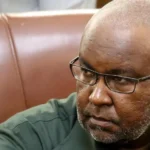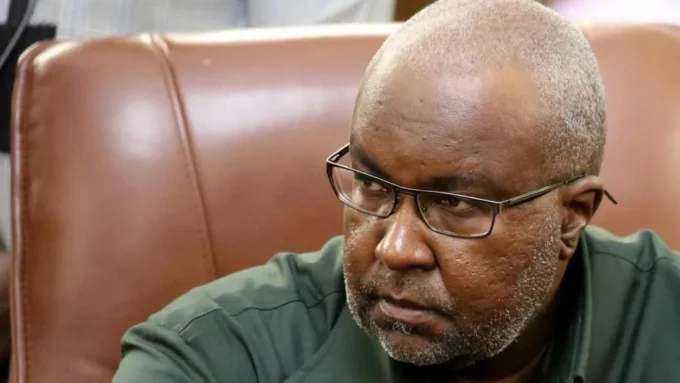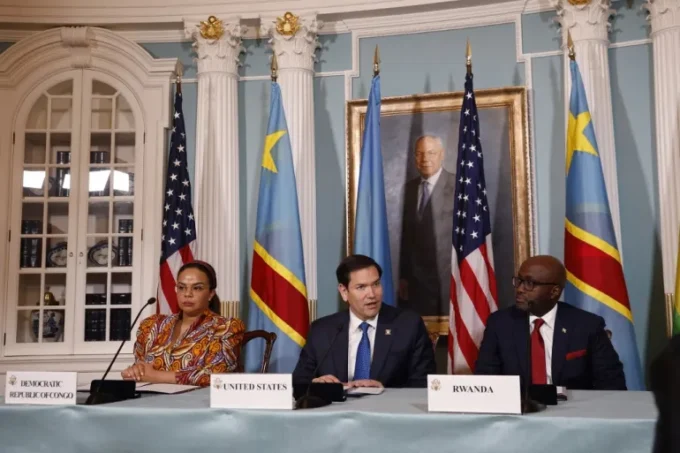A South African doctor, Dr. Celiwe Ndaba, has sparked a national conversation about financial abuse, a form of domestic violence that often remains silent. Dr. Ndaba shared her personal story through a series of viral videos, revealing how her husband financially exploited her, leading to their eventual separation. Despite being a successful doctor, Dr. Ndaba found herself trapped in a toxic marriage, pressured into financing her husband’s lifestyle, including purchasing expensive vehicles like a Mercedes Benz. She even took out loans for him, a decision she later described as the “worst” of her life, which placed her family under significant financial strain.
Dr. Ndaba has since taken to social media to warn others about the dangers of financial abuse, particularly stressing that such abuse is not limited to “uneducated” or “less fortunate” women. She pointed out how her husband’s refusal to downgrade his car, despite their financial struggles, only intensified the manipulation. He accused her of wanting to “turn him into a laughing stock” for asking him to drive a less expensive car.
Her estranged husband, Temitope Dada, set up a TikTok account in response, claiming the accusations were false and dubbing himself “Mr. Benz or nothing.” Despite his attempt to defend himself, Dr. Ndaba’s story resonated with many women, leading to a flood of supportive messages from women who shared similar experiences. Legal experts in South Africa, such as Bertus Preller, have explained that financial abuse often goes hand-in-hand with cultural norms that prioritize male authority, even as women gain financial independence.
South Africa’s Domestic Violence Act classifies financial abuse as a form of economic abuse, which can include tactics such as withholding money for essentials or controlling shared assets. Stories from other women have surfaced, revealing how their financial contributions were either ignored or exploited by male partners. Many women, especially those who out-earn their partners, find themselves vulnerable to intimate partner violence, with research showing that their success can sometimes lead to increased violence.
The issue is compounded by cultural norms that still see men as the primary providers, making financial independence for women threatening to traditional gender roles. Sociologists like Nombulelo Shange highlight the double patriarchy that Black women face, balancing societal expectations at work with traditional roles at home. Women often find themselves in the difficult position of trying to maintain peace in the relationship by financially supporting their partners, even when doing so is detrimental to their well-being.
Dr. Ndaba’s revelations have sparked a wider discussion about the need for financial transparency and independence in relationships. Experts advise women to have open conversations about finances before marriage and to protect themselves by maintaining separate bank accounts and securing their financial information. The conversation has emphasized that love should not come with a burdensome financial price tag, urging women to take control of their financial security.













Leave a comment